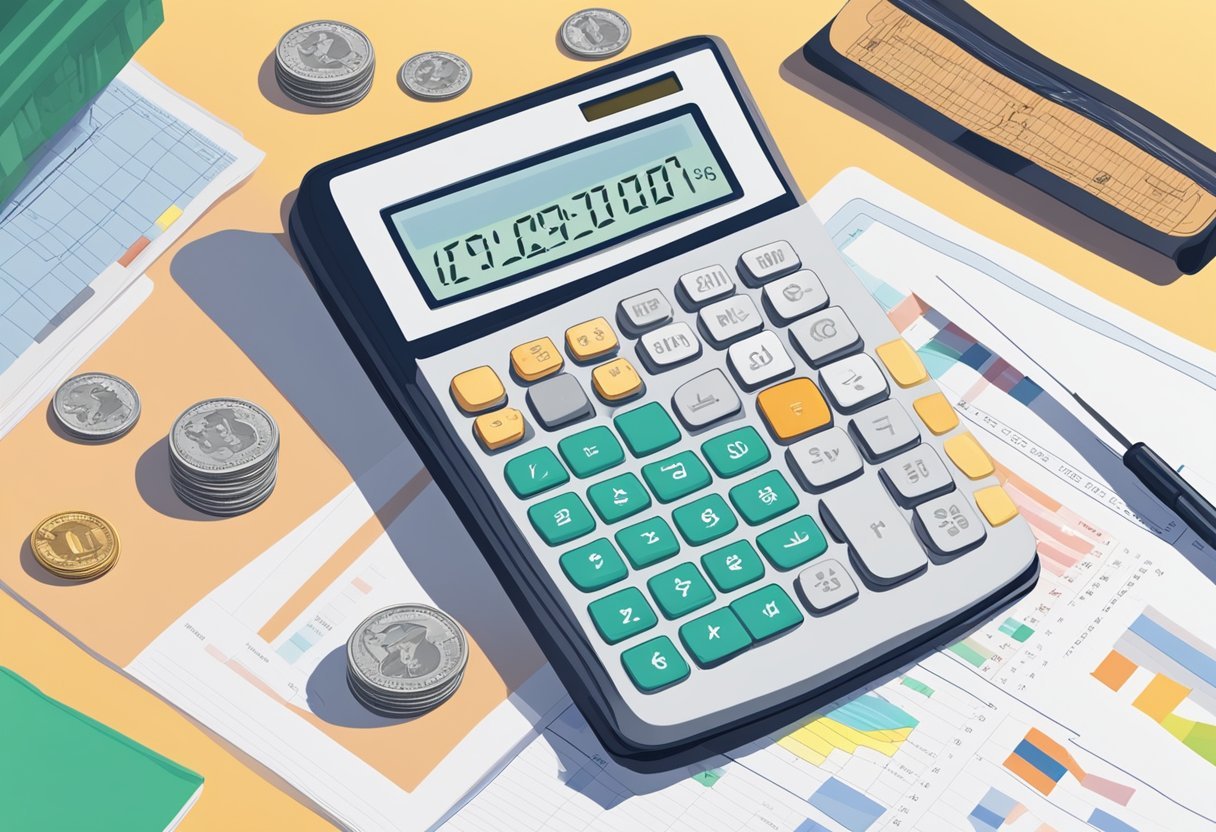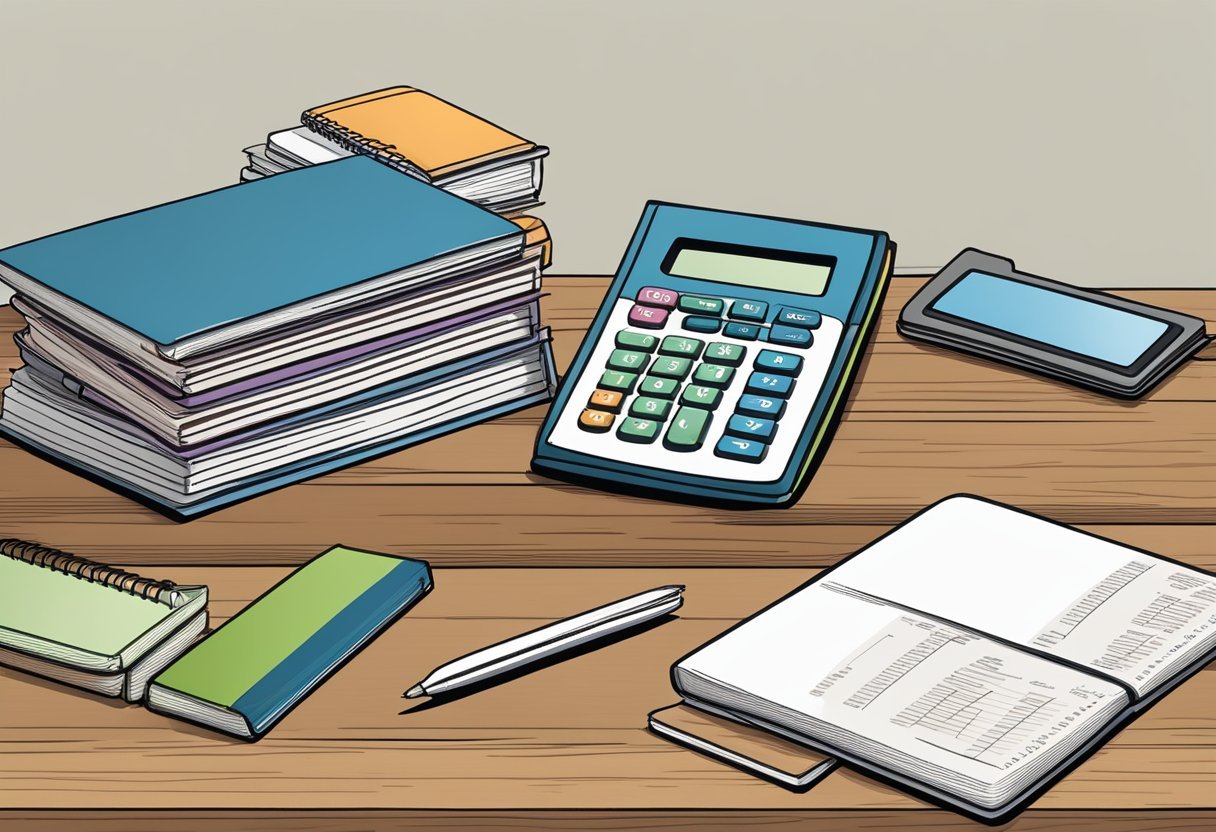7 Best Books On Budgeting:
Essential Reads for Financial Success


Budgeting can profoundly impact your financial situation, offering a pathway to financial stability and freedom. Through effective budgeting, you can potentially stop living paycheck to paycheck, eliminate debt, and increase their net worth. Below are the best books on budgeting.
Best Books on Budgeting
1. The No-Spend Challenge Guide: How to Stop Spending Money Impulsively, Pay off Debt Fast, & Make Your Finances Fit Your Dreams
Jen Smith’s The No-Spend Challenge Guide is crafted for those looking to curb hasty spending habits and manage debt efficiently. Drawing from her personal experience of eliminating significant debt, Smith presents a method to challenge impulsive buying tendencies. The book is a pathway to aligning one’s financial behavior with personal aspirations, offering pragmatic steps to transform the reader’s approach to spending.
2. Get Good with Money: Ten Simple Steps to Becoming Financially Whole
In Get Good with Money, Tiffany Aliche demystifies the process of creating a lasting budget within a week. Known as The Budgetnista, Aliche offers a straightforward framework designed to reduce the anxiety commonly associated with financial planning. This guide is ideal for beginners or anyone seeking a straightforward approach to their finances, emphasizing practical systems that can be established quickly and maintained with ease.
3. We Should All Be Millionaires: A Woman’s Guide to Earning More, Building Wealth, and Gaining Economic Power
Rachel Rodgers’ We Should All Be Millionaires empowers women to navigate their financial paths with confidence and knowledge. The book discusses ways to increase earnings, cultivate wealth, and develop a robust financial mindset. Through strategies and overcoming common obstacles, this resource provides women with the tools needed to enhance their economic position and achieve independence.
4. How to Stop Living Paycheck to Paycheck: A proven path to money mastery in only 15 minutes a week!
Avery Breyer’s How to Stop Living Paycheck to Paycheck addresses the common struggle of living paycheck to paycheck, delivering insights into budgeting and saving in just 15 minutes each week. This guide introduces a complete budgeting system, assisting readers in forming emergency funds and managing debt, along with avoiding common pitfalls. It serves as an excellent tool for those seeking to break free from the financial grind. And her Companion Workbook For How to Stop Living Paycheck to Paycheck: The Money Tracker Classic helps to make your new habits stick.
5. The 30-Day Money Cleanse: Take Control of Your Finances, Manage Your Spending, and De-Stress Your Money for Good (Personal Finance and Budgeting Self-Help Book
The 30-Day Money Cleanse by Ashley Feinstein Gerstley is a hands-on guide to transforming your financial habits. The book walks readers through a month-long process of evaluating spending, identifying emotional triggers, and creating a realistic budget aligned with personal values. It includes engaging exercises, like a “Money Journal,” to track spending patterns and uncover areas for improvement. Gerstley’s conversational style and real-world examples make complex financial concepts accessible. It’s ideal for anyone seeking practical tools to reduce stress and achieve financial clarity.
6. I Will Teach You to Be Rich: No Guilt. No Excuses. Just a 6-Week Program That Works
I Will Teach You to Be Rich by Ramit Sethi delivers fundamental finance education in an engaging manner. Covering key topics such as budgeting, saving, and investment, this book remains a staple in personal finance literature. By presenting financial principles in a lively format, Sethi ensures readers of all levels benefit from his insights.
7. The One-Page Financial Plan: A Simple Way to Be Smart About Your Money
Carl Richards’ The One-Page Financial Plan guides readers to develop a personalized plan on a single page. The book addresses topics like annual investment strategies, insurance needs, and managing unexpected financial challenges. Designed for readers seeking a visual method to financial planning, it offers an uncomplicated approach to managing financial goals.
*Bonus Book*
The Psychology of Money by Morgan Housel isn’t a budget book but it explores how human behavior and mindset influence financial success. Through 19 insightful essays, Housel delves into topics like risk, luck, and the power of compounding, emphasizing the importance of patience and humility in building wealth. With engaging anecdotes and timeless lessons, this book offers a refreshing perspective on money management and decision-making. It’s an essential read for understanding the emotional and psychological forces behind our financial choices.
Top Picks for Budget Book Planners

Along with the best budgeting books, a budget planner is a valuable tool that provides a structured approach to track income, expenses, and savings. It helps to highlight your spending patterns, set priorities, and allocate resources effectively, ensuring financial discipline and progress toward goals like debt repayment or saving for the future. Without a budget planner, it’s easy to lose track of spending, overlook financial obligations or underestimate costs. This, of course, can lead to overspending, missed opportunities for saving and financial stress.


